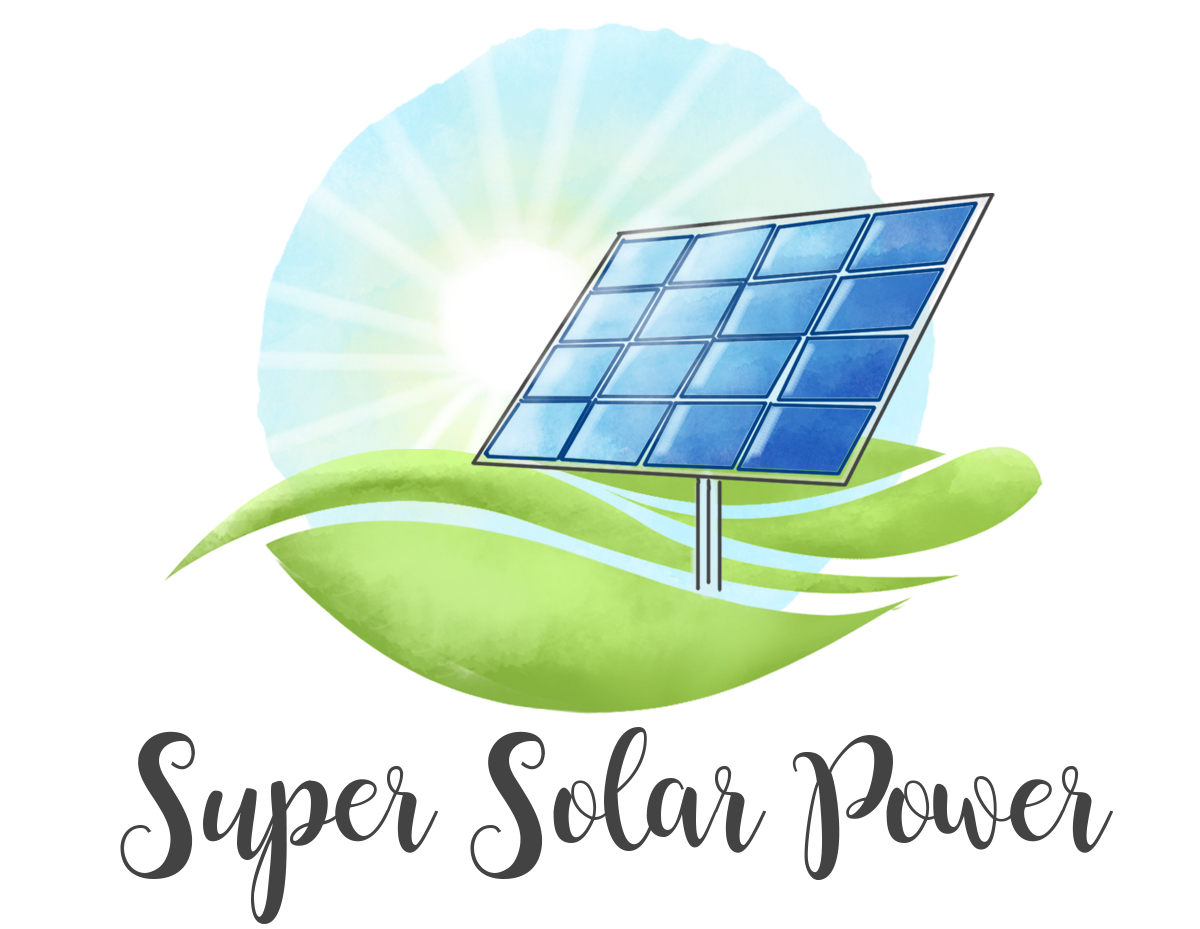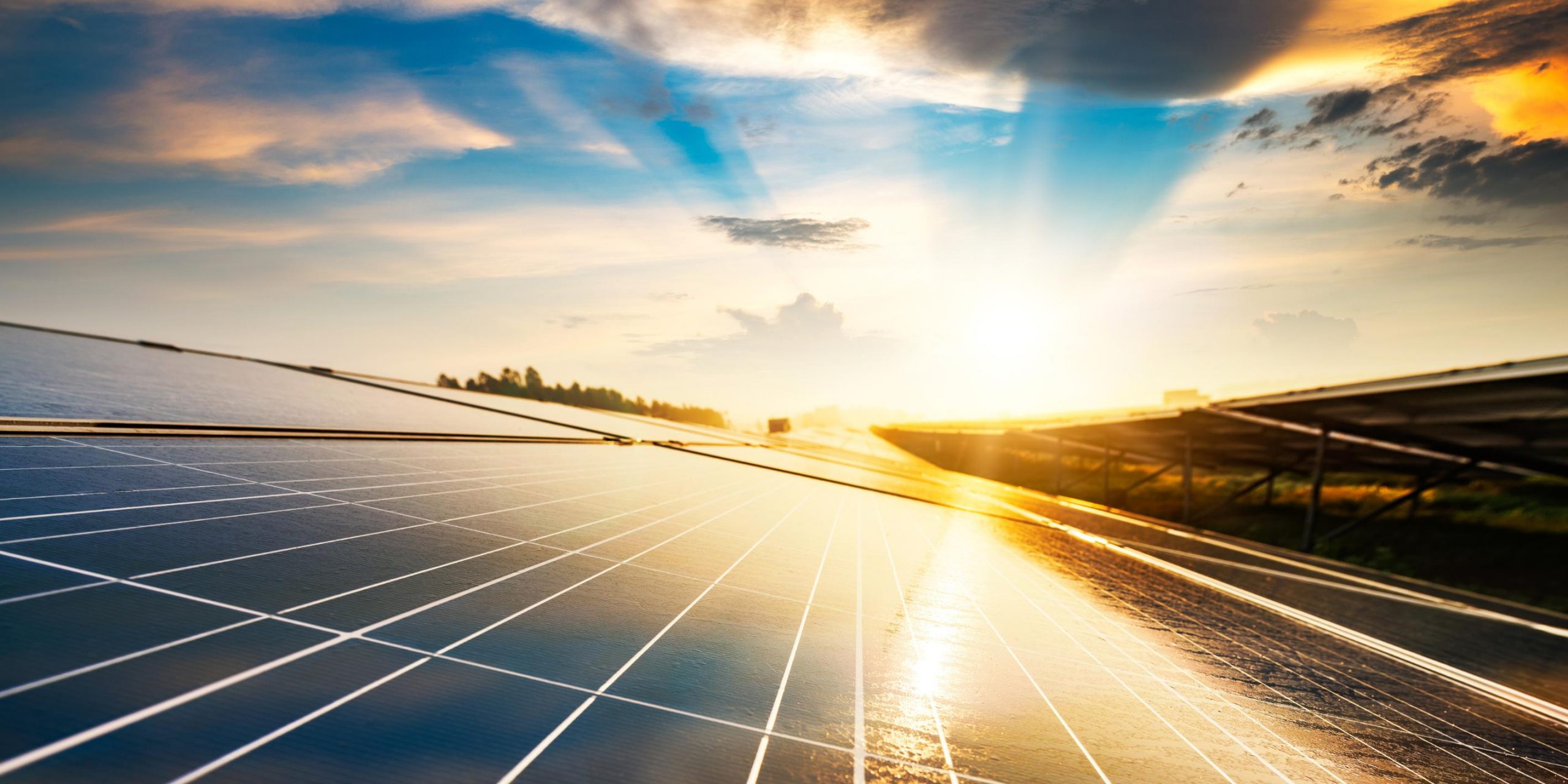Welcome to a deep dive into the fascinating world of solar panels! These marvels of modern technology are changing the way we think about energy and power, and they’re becoming more and more popular every day. But how do they actually work? What makes them so efficient at capturing the power of the sun and turning it into usable electricity? We’re going to answer all of these questions and more, so stick around and get ready to learn everything you need to know about how solar panels work!
How Solar Panels Work – Step by Step
- Sun’s Greeting: Say hello to the sun! Solar panels rely on sunlight to generate power. So, the first step is making sure your solar panels are exposed to plenty of sunshine.
- Photon Party: When sunlight hits the solar panel, photons from the sun’s rays interact with the photovoltaic cells within the panel. This creates a real party of energy inside the cells!
- Electron Excitement: The solar cells get so excited from the photon party that they start releasing electrons. This is where the magic happens – electricity is born!
- Power Current: As the electrons start flowing through the panel, they create an electric current. This current is what we will ultimately use to power our devices while camping.
- Wiring Wonders: The electric current generated by the solar panel is directed through a series of wires, which are usually attached to the back of the panel.
- Regulator Ready: The current then reaches a solar regulator, also known as a charge controller. This nifty device ensures that your battery doesn’t get overwhelmed by the flow of electrons and protects it from overcharging.
- Battery Buddies: The solar regulator sends the appropriate amount of energy to your deep cycle battery. This battery will store the power and act as your personal power bank during your camping trip.
- Voltage Victory: The battery converts the power into a voltage suitable for your devices. Most camping equipment uses a 12-volt socket, so make sure your battery can supply the correct voltage.
- Plugging in Paradise: Connect your devices to the battery or 12-volt socket, and voila! You’re ready to enjoy solar power while camping or at home.
- Power Conservation Party: Don’t forget to conserve energy by only using devices when necessary and unplugging them when not in use. This ensures you’ll have a continuous supply of solar power. Now, you’re an eco-friendly camper with the power of the sun at your fingertips!
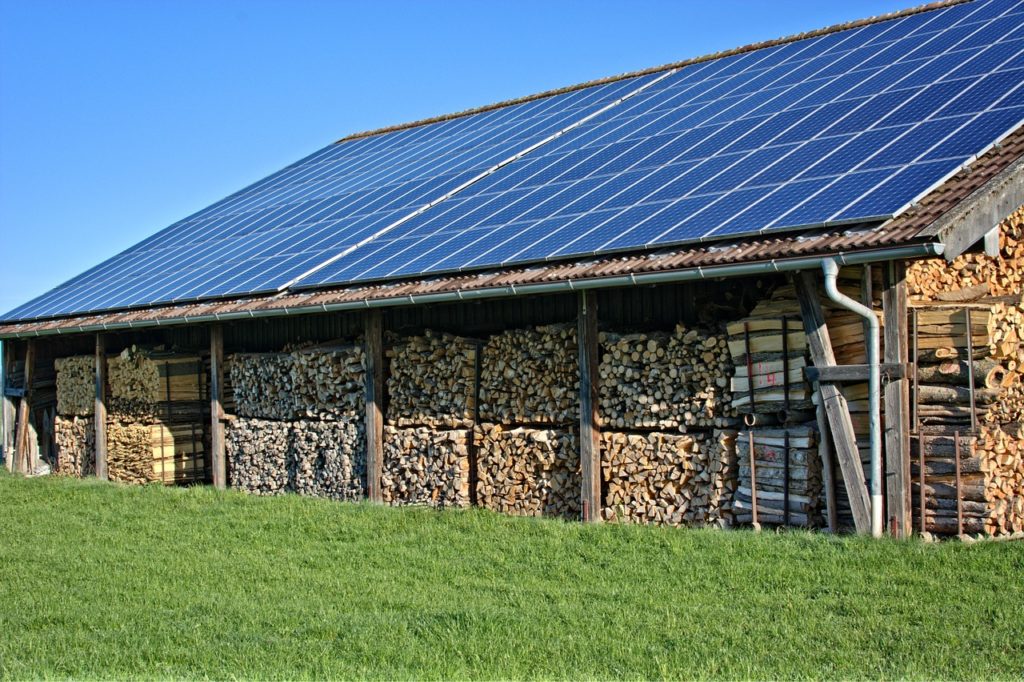
Video Explainer: How Solar Panels Work
Let me introduce you to a brilliant TED-Ed video by Richard Komp that spills the beans on how solar panels work and their potential to power our planet. With a whopping 173,000 terawatts of solar energy hitting Earth, we’ve got 10,000 times more power than we currently use!
In a nutshell, solar panels are made up of solar cells, which contain silicon (our second most abundant element). These cells have two types of silicon that create an electric field. When sunlight’s photons knock into these cells, they dislodge electrons and create a flow of electricity. Metal fingers on the top of the cell collect these eager electrons and send them off to power our devices.
Despite physical and logistical challenges like inconsistent sunlight and varying efficiency levels, the fact remains that with today’s technology, we could technically power the entire world using solar energy. All we need is funding, infrastructure, and some space (the Sahara Desert, anyone?).
As solar cells become more efficient and affordable, they’re quickly becoming a competitive alternative to traditional grid electricity. And hey, let’s not forget about the over one billion people living without reliable electricity in developing countries—many of which are sunny! Solar power is an amazing solution for them, providing a cheaper and safer alternative to options like kerosene. So, whether you’re in Finland or Seattle, keep your eyes peeled for a solar-powered future!
FAQ’s
FAQs, or Frequently Asked Questions, are a great way to provide helpful information to people who are curious about a topic. In this section, we’ll answer some of the most common questions people have about how solar panels work. Whether you’re considering installing solar panels or just curious about how they operate, our FAQs will provide you with helpful information to better understand solar technology.
Solar panels work by converting sunlight into electricity through a process called the photovoltaic effect. Solar panels consist of multiple photovoltaic cells made of silicon, which absorb photons of sunlight and release electrons. These electrons flow through a circuit and generate a direct current (DC) of electricity, which is then converted into alternating current (AC) by an inverter and used to power homes and businesses.
There are three main types of solar panels: monocrystalline, polycrystalline, and thin-film. Monocrystalline panels are made from single silicon crystals and are the most efficient, while polycrystalline panels are made from multiple silicon crystals and are less expensive. Thin-film panels are made from layers of materials like cadmium telluride or amorphous silicon and are the least efficient but can be more flexible and lightweight.
A solar regulator, also known as a charge controller, is necessary to prevent overcharging of batteries in a solar panel system. Regulators regulate the amount of current that flows from the panels to the batteries, ensuring that the batteries are charged properly and efficiently. Without a regulator, the batteries can become damaged and the system can become unsafe.
The amount of electricity a solar panel can generate depends on several factors, including the size and efficiency of the panel, the amount of sunlight available, and the temperature. On average, a solar panel can generate 250 to 400 watts of power per day, but this can vary widely depending on the location and weather conditions.
Solar panels are designed to last for at least 25 years, but can last up to 40 years or more with proper maintenance. Factors that can affect the lifespan of solar panels include the quality of the materials used, the installation process, and the climate conditions in the area.
Solar panels can be installed on a variety of surfaces, including rooftops, ground mounts, and even on the sides of buildings. The installation process typically involves securing the panels to a mounting system, wiring the panels together, and connecting the system to an inverter and the electrical grid.
While solar panels are most efficient in direct sunlight, they can still generate electricity on cloudy days. However, the amount of electricity generated will be less than on sunny days. This is why it is important to have a battery backup system in place to ensure a steady supply of power.
Yes, solar panels can potentially power an entire house, but it depends on the size of the system and the energy needs of the household. It is important to consult with a professional installer to determine the appropriate size of the system and to consider supplemental power sources for times when solar power may not be sufficient.
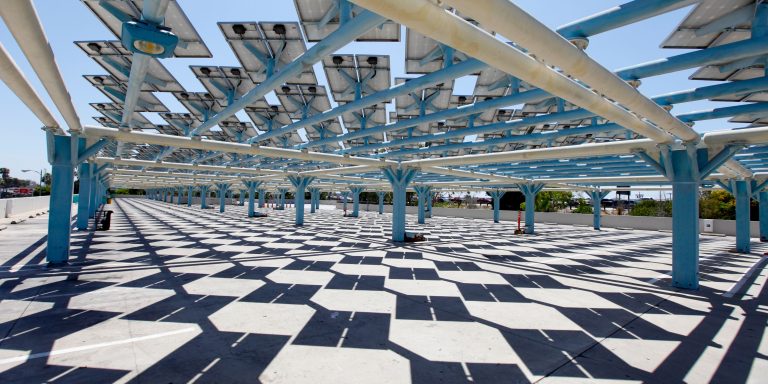
Solar Carports: The Future of Parking Lot Power Generation
Hey RV enthusiasts, guess what? Our world is getting greener, and solar energy is all the rage these days. But did you ever think about how parking lots can join the party? Say hello to solar carports! Imagine a cozy, shaded parking spot for your RV, topped with solar panels that generate clean energy. It’s…

Ultimate Guide to Portable Solar Panels for Camping: Reviews and Comparison
As more and more people are exploring the great outdoors, the need for sustainable and reliable power sources while camping or RVing is becoming increasingly important. Solar panels have become a popular choice for campers and RV enthusiasts, as they offer an eco-friendly and efficient way to power appliances and devices while on the go….
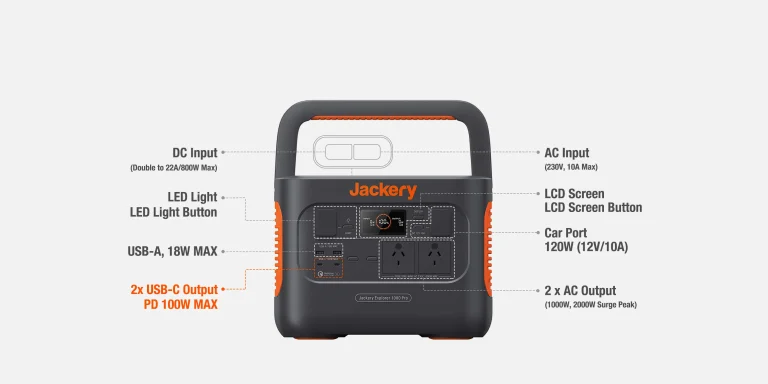
Reviewing the Jackery Solar Generator 1000 Pro: A Portable Power Solution for the Outdoors
The Jackery Explorer 1000 Pro Portable Power Station seems like a remarkable product for those who love to explore the outdoors or need a reliable backup power source for their homes. The product features a foldable handle, making it easy to carry around, and it has a smart screen display that shows 18 functioning modes,…
